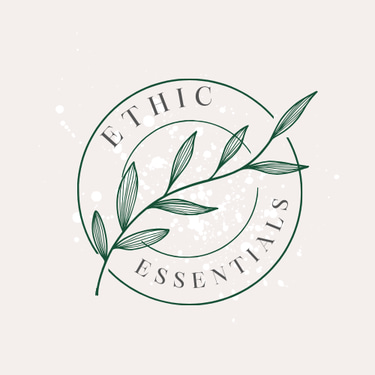"We care about our animals"
Farmers often say they care about their animals — but what does that care really look like in practice?
7/14/20253 min read


Unpacking the Contradiction at the Heart of Animal Farming
You’ve likely heard the phrase before — maybe in an advert, on a carton of eggs, or straight from a farmer’s mouth:
“We care deeply about our animals.”
It sounds comforting, doesn’t it? Like the animals are part of some pastoral dream. But when we pause for a moment and look at what actually happens on even the most “humane” farms — mutilation, confinement, forced reproduction, and ultimately, slaughter — a deep contradiction comes into focus.
So how can farmers claim to care about animals, while making a living from their exploitation, suffering, and death?
The Psychology of Caring While Causing Harm
Most people — including farmers — don’t want to think of themselves as cruel. And yet, farming animals involves doing things to sentient beings that we would consider unthinkable if done to dogs or cats. How is this contradiction maintained?
The answer lies in cognitive dissonance — the discomfort of holding two opposing beliefs, like:
“I’m a good person who cares about animals.”
vs.
“I hurt and kill animals for profit.”
To resolve this tension, farmers (and many consumers) convince themselves that:
It’s necessary
It’s natural
It’s done “humanely”
Rather than question the ethics of what they do, it’s easier — and more socially acceptable — to reshape the narrative.
Financial Pressure and Generational Loyalty
For many farmers, animal agriculture isn’t just a job. It’s an inheritance. A lifestyle. A community. Their income, identity, and sense of belonging are tied to it.
To acknowledge the cruelty at the core of animal farming would feel like:
Betraying their family’s legacy
Risking their livelihood
Admitting they’ve done harm
So the easier route is to believe the myth — that they’re caring stewards, not exploiters. Industry messaging reinforces this constantly, with slogans like “Real farmers love their animals” and “They’re part of the family.”
Of course, most families don’t artificially inseminate their members, remove their children, or send them to slaughter.
Moral Disengagement: How Harm Becomes Normalised
One of the most effective ways to carry out harm without feeling responsible for it is through moral disengagement.
This includes:
Euphemisms (“processing,” “culling,” “harvesting”)
Blame-shifting (“Consumers demand it, we just supply”)
De-individualisation (“livestock,” “units,” “stock loss”)
In other words, the animals stop being seen as beings, and start being seen as things.
By disengaging emotionally, farmers (and the wider public) are able to continue with a system that would otherwise be impossible to justify.
Indoctrination from Childhood
Most farmers don’t wake up one day and decide to exploit animals. They’re born into a system that trains them to see it as completely normal — even noble.
From early childhood, many are taught:
Animals are here for us
Farming them is honourable work
Killing them is just part of “the cycle of life”
With repetition, these ideas become truths. Questioning them feels radical, threatening, or even offensive — especially in farming communities.
But tradition is not a moral argument. And cultural norms are not ethical justification.
Selective Compassion and Speciesism
A farmer may genuinely love their dog. They may even speak warmly of a particular cow or pig. But when financial value outweighs emotional attachment, empathy is cut short.
This is speciesism — the belief that some animals matter more than others, usually based on how useful or tasty they are.
Farmers may care up to a point. But that point is always the line where animal interests conflict with human profit.
And when profit wins, the knife follows.
What “Caring” Really Means in Farming
When farmers say they care, they often mean:
The animals are kept alive long enough to grow efficiently
They’re given food and water
They’re not made to suffer more than necessary
But that’s a very low bar — one we would never accept in any other context of care.
Because true care means prioritising the well-being of the other. It means recognising them as someone, not something. It means not breeding them into existence for harm at all.
If someone said they “cared” about their dog but forcibly impregnated her, took away her babies, and killed her when her body gave out — we wouldn’t call that love. We’d call it abuse.
"We Care About Our Animals"
It's Not About Hating Farmers — It's About Facing the System
This isn’t about calling individual farmers evil. It’s about recognising that a system built on breeding, using, and killing sentient beings for profit cannot be justified by personal feelings.
Caring about animals while systematically exploiting them is not compassion — it’s contradiction.
If we truly care, we stop seeing animals as commodities and start seeing them as individuals. That’s where ethical action begins.
